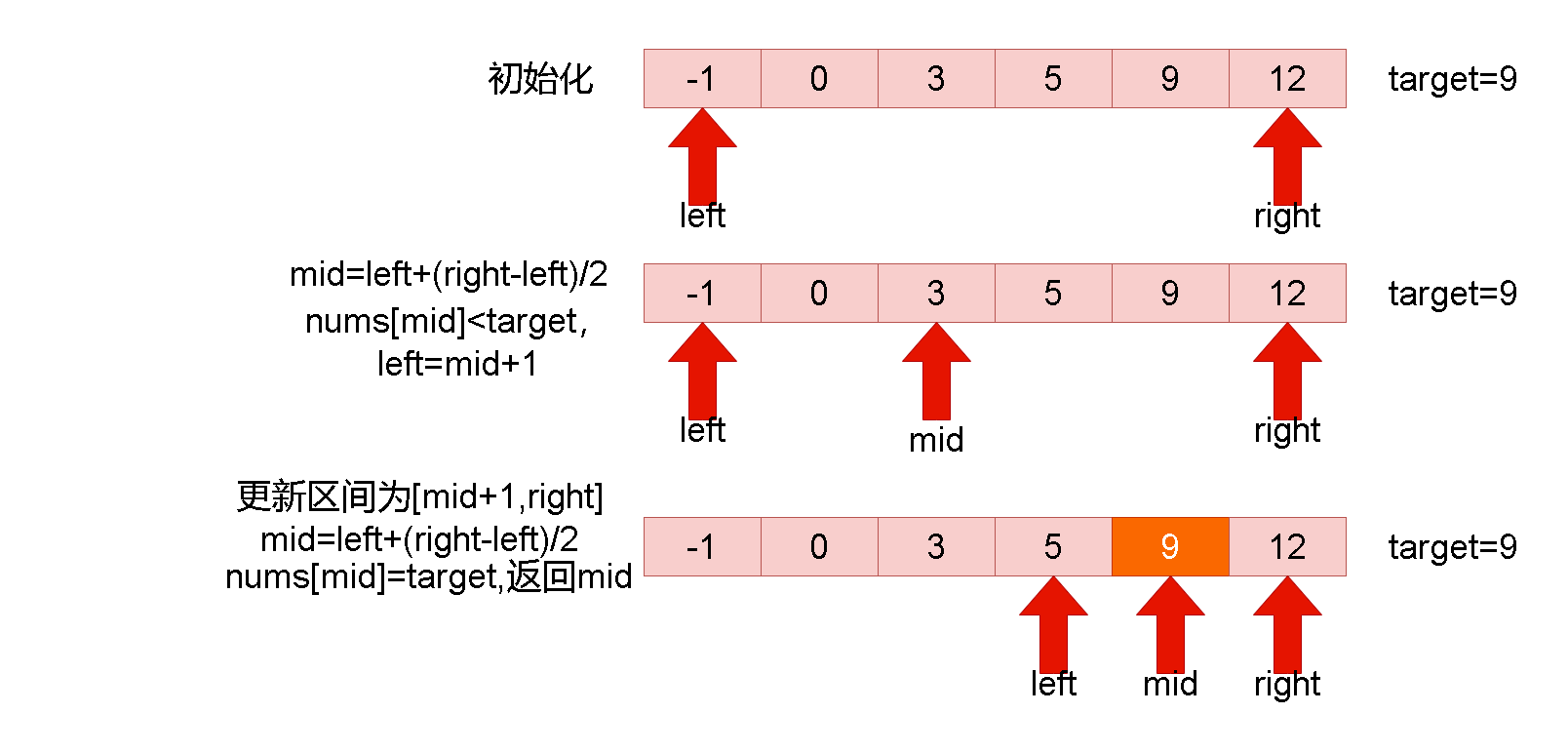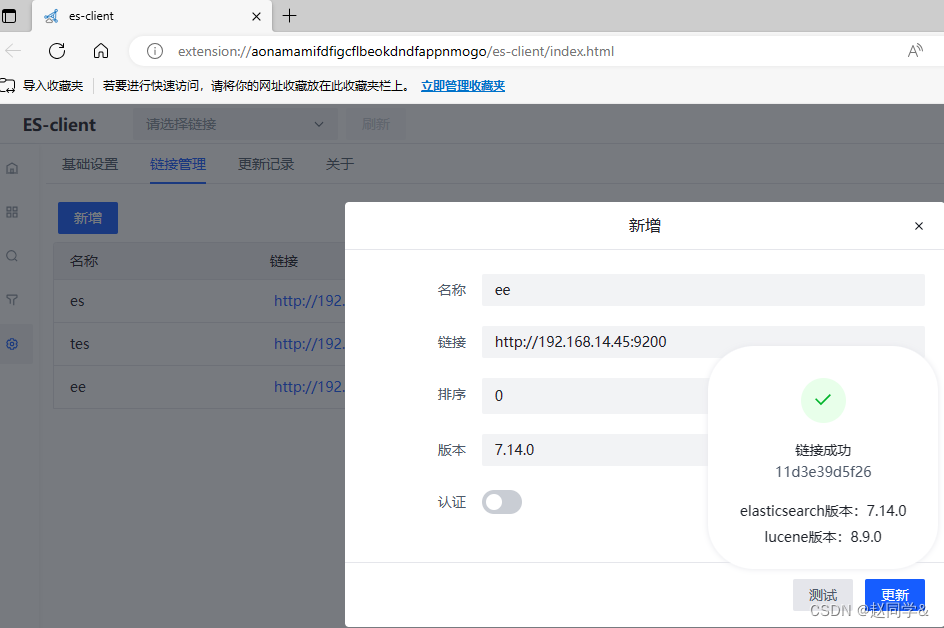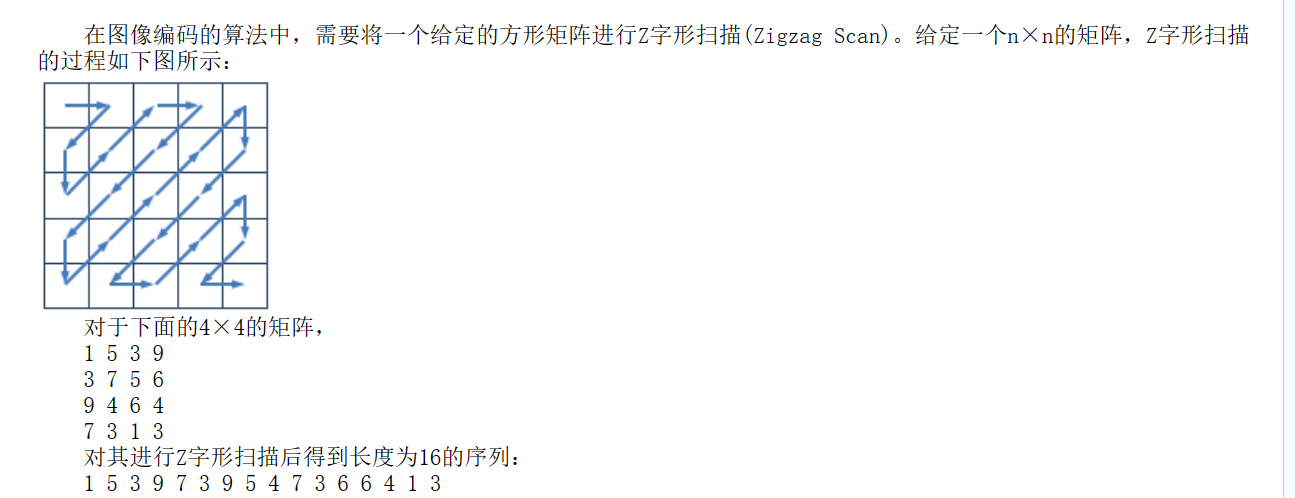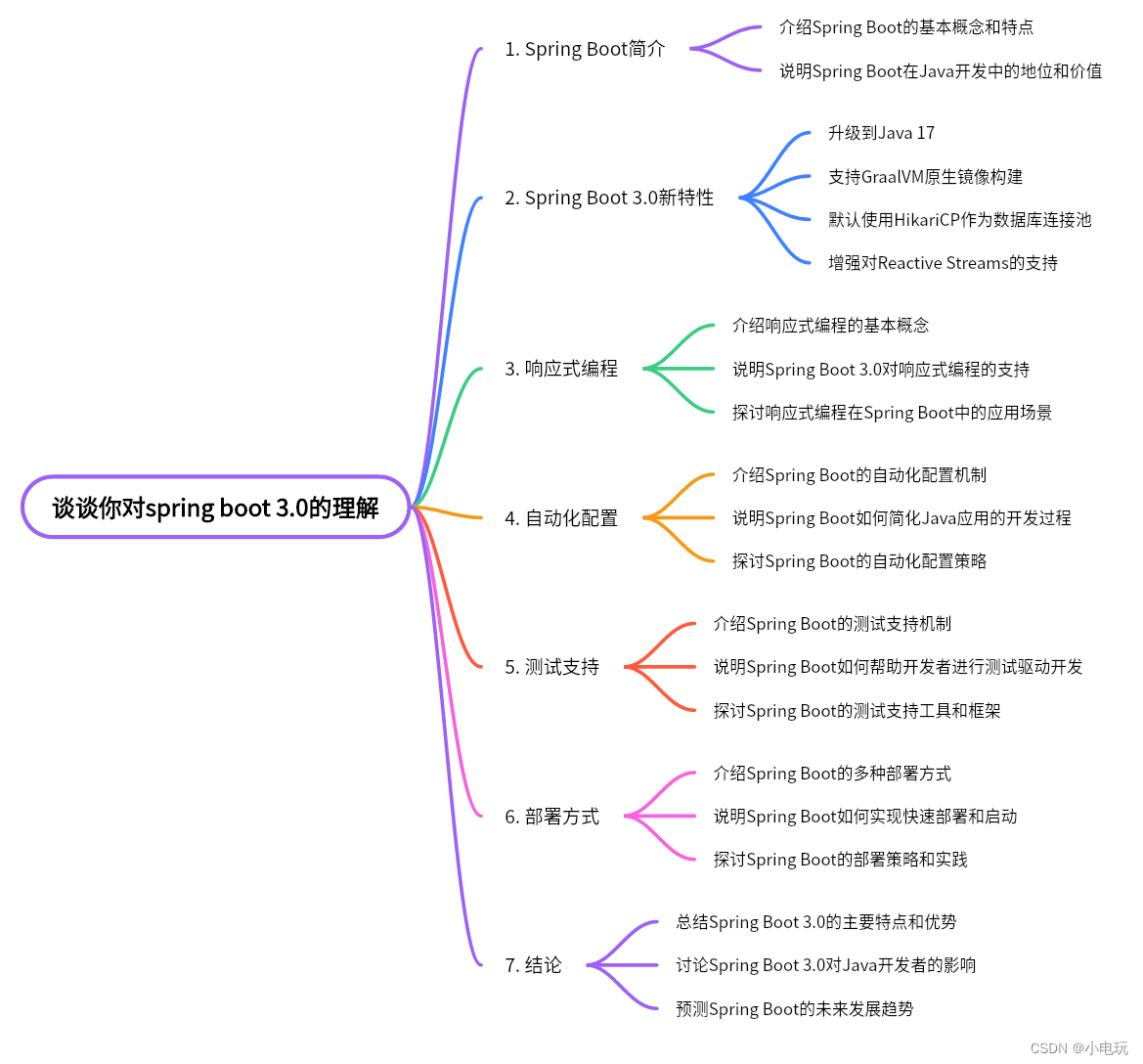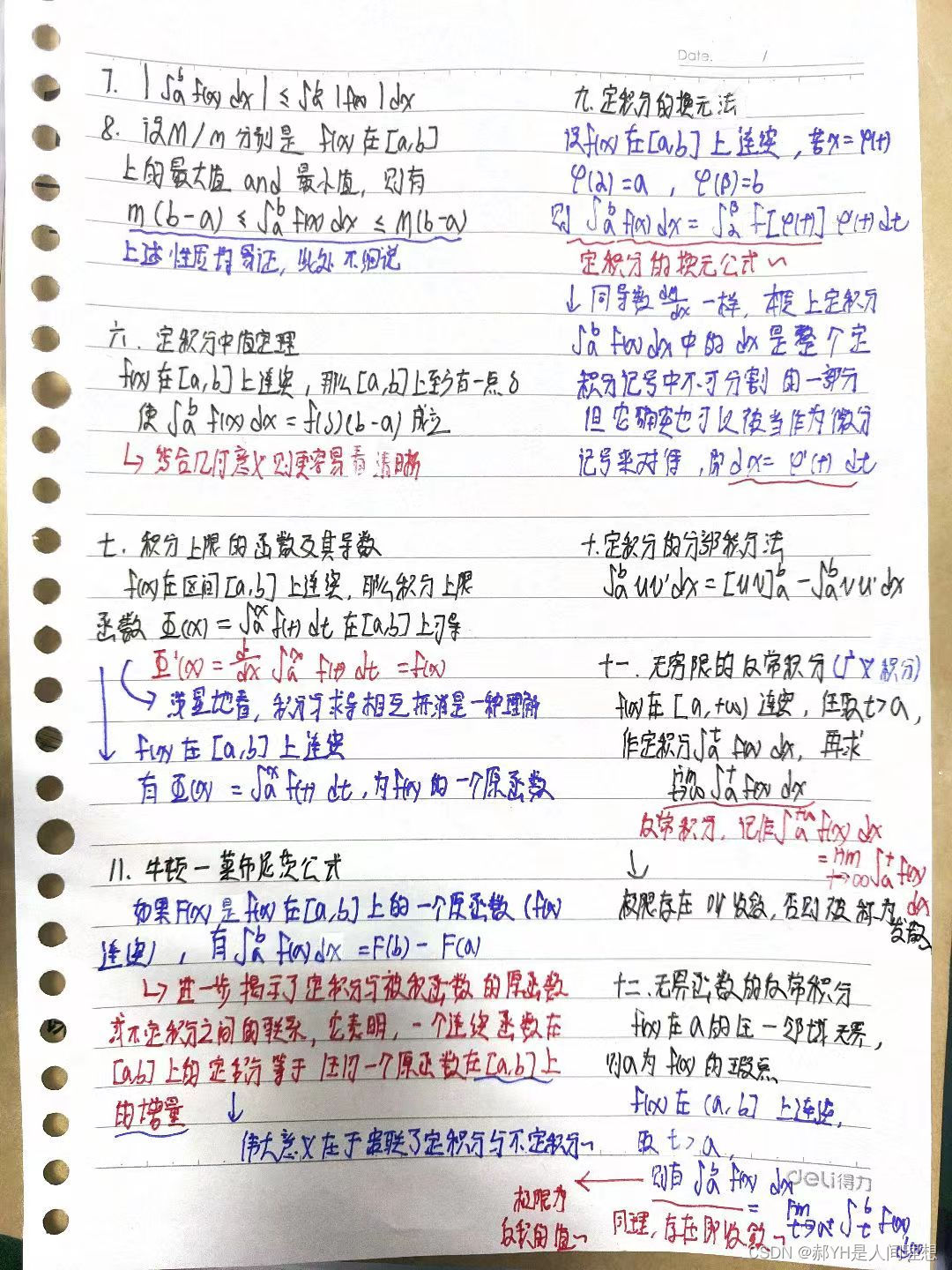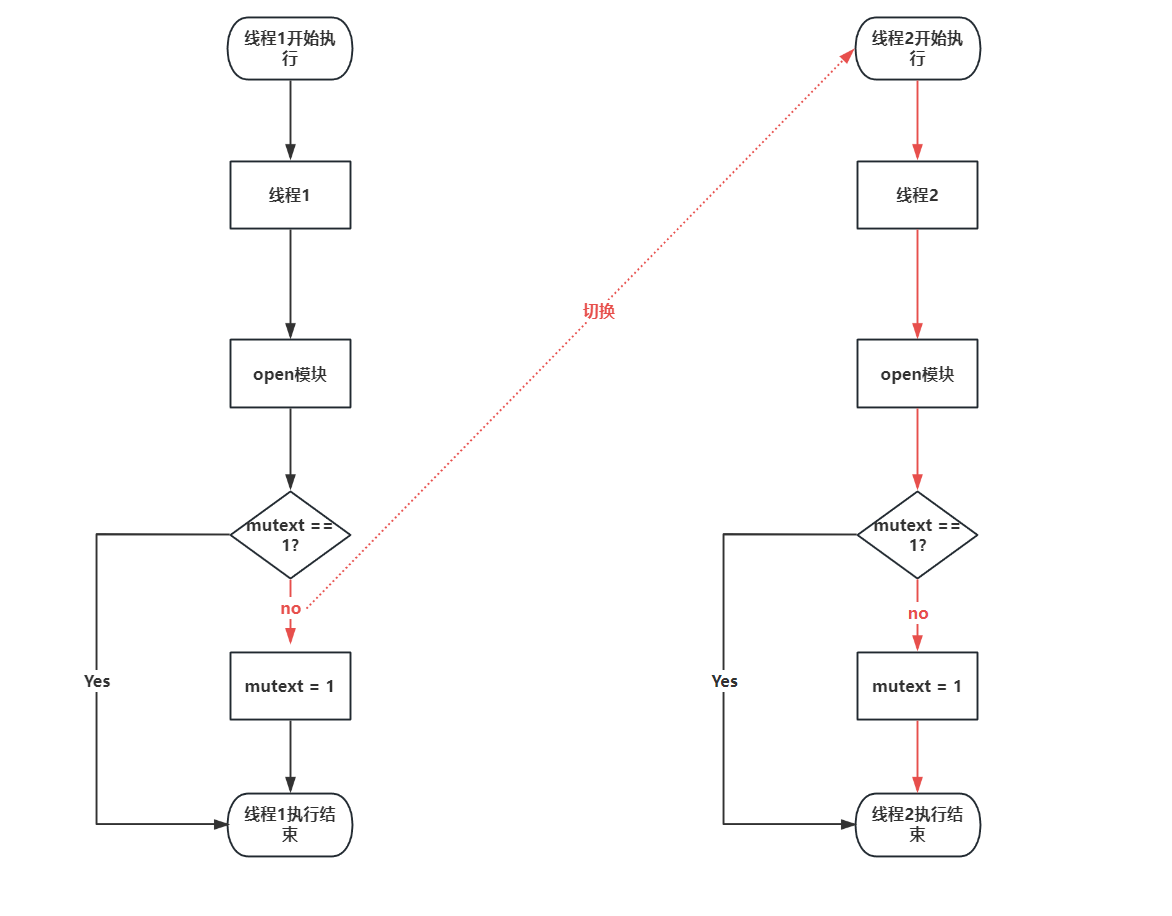头文件.h文件
#ifndef __HEAD_H__
#define __HEAD_H__
typedef struct
{
unsigned int MODER;
unsigned int OTYPER;
unsigned int OSPEEDR;
unsigned int PUPDR;
unsigned int IDR;
unsigned int ODR;
} gpio_t;
#define PHY_LED1_ADDR 0X50006000
#define PHY_LED2_ADDR 0X50007000
#define PHY_LED3_ADDR 0X50006000
#define PHY_RCC_ADDR 0X50000A28
// 构建开灯关灯的功能码
#define LED_ON _IO('l', 1)
#define LED_OFF _IO('l', 0)
#endif
驱动文件
#include <linux/init.h>
#include <linux/module.h>
#include <linux/fs.h>
#include <linux/device.h>
#include <linux/cdev.h>
#include <linux/slab.h>
#include <linux/io.h>
#include "head.h"
unsigned int major = 0;
struct cdev *cdev;
unsigned int minor = 0;
dev_t devno;
struct class *cls;
struct device *dev;
char kbuf[128] = {0};
gpio_t *vir_led1;
gpio_t *vir_led2;
gpio_t *vir_led3;
unsigned int *vir_rcc;
int mycdev_open(struct inode *inode, struct file *file)
{
printk("%s:%s:%d\n", __FILE__, __func__, __LINE__);
return 0;
}
long mycdev_ioctl(struct file *file, unsigned int cmd, unsigned long arg)
{
printk("%s:%s:%d\n", __FILE__, __func__, __LINE__);
switch (cmd)
{
case 1: // myled1
switch (arg)
{
case 0: // LED1灭
vir_led1->ODR &= (~(0x1 << 10));
break;
case 1: // LED1亮
vir_led1->ODR |= (0x1 << 10);
break;
default:
break;
}
break;
case 2: // myled3
switch (arg)
{
case 0:
vir_led2->ODR &= (~(0X1 << 10));
break;
case 1:
vir_led2->ODR |= (0X1 << 10);
break;
default:
break;
}
break;
case 3: // myled3
switch (arg)
{
case 0:
vir_led3->ODR &= (~(0X1 << 8));
break;
case 1:
vir_led3->ODR |= (0X1 << 8);
break;
default:
break;
}
break;
default:
break;
}
return 0;
}
int mycdev_close(struct inode *inode, struct file *file)
{
printk("%s:%s:%d\n", __FILE__, __func__, __LINE__);
return 0;
}
// 定义操作方法结构体变量并赋值
struct file_operations fops = {
.open = mycdev_open,
.unlocked_ioctl = mycdev_ioctl,
.release = mycdev_close,
};
int all_led_init(void)
{
// 寄存器地址的映射
vir_led1 = ioremap(PHY_LED1_ADDR, sizeof(gpio_t));
if (vir_led1 == NULL)
{
printk("ioremap filed:%d\n", __LINE__);
return -ENOMEM;
}
vir_led2 = ioremap(PHY_LED2_ADDR, sizeof(gpio_t));
if (vir_led2 == NULL)
{
printk("ioremap filed:%d\n", __LINE__);
return -ENOMEM;
}
vir_led3 = vir_led1;
vir_rcc = ioremap(PHY_RCC_ADDR, 4);
if (vir_rcc == NULL)
{
printk("ioremap filed:%d\n", __LINE__);
return -ENOMEM;
}
printk("物理地址映射成功\n");
// 寄存器的初始化
// rcc
(*vir_rcc) |= (3 << 4);
// led1
vir_led1->MODER &= (~(3 << 20));
vir_led1->MODER |= (1 << 20);
vir_led1->ODR &= (~(1 << 10));
// led2
vir_led2->MODER &= (~(3 << 20));
vir_led2->MODER |= (1 << 20);
//vir_led2->ODR |= (0X1 << 10);
vir_led2->ODR &= (~(1 << 10));
// led3
vir_led3->MODER &= (~(3 << 16));
vir_led1->MODER |= (1 << 16);
vir_led1->ODR &= (~(1 << 8));
printk("寄存器初始化成功\n");
return 0;
}
static int __init mycdev_init(void)
{
// 1.申请一个对象空间cdev_alloc
int ret;
cdev = cdev_alloc();
if (NULL == cdev)
{
printk("申请对象空间失败\n");
ret = -EFAULT;
goto out1;
}
printk("字符设备驱动对象申请成功\n");
// 2.初始化对象cdev_init
cdev_init(cdev, &fops);
// 3.申请设备号 register_chrdev_region()/alloc_chrdev_region()
if (major == 0)
{
ret = alloc_chrdev_region(&devno, minor, 3, "mychrdev");
if (ret)
{
printk("动态申请设备号失败\n");
goto out2;
}
major = MAJOR(devno); // 根据设备号获取主设备号
minor = MINOR(devno); // 根据设备号获取次设备号
}
else
{
ret = register_chrdev_region(MKDEV(major, minor), 3, "mychrdev");
if (ret)
{
printk("静态指定设备号失败\n");
goto out2;
}
}
printk("设备申请成功\n");
// 4.注册驱动对象 cdev_add
ret = cdev_add(cdev, MKDEV(major, minor), 3);
if (ret)
{
printk("注册字符设备驱动对象失败\n");
goto out3;
}
printk("注册字符设备驱动对象成功\n");
// 5.向上提交目录 class_create
cls = class_create(THIS_MODULE, "mychrdev");
if (IS_ERR(cls))
{
printk("向上提交目录失败\n");
goto out4;
}
printk("向上提交目录成功\n");
// 6.向上提交设备节点信息 device_creat
int i;
for (i = 0; i < 3; i++)
{
dev = device_create(cls, NULL, MKDEV(major, i), NULL, "myled%d", i);
if (IS_ERR(dev))
{
printk("向上提交设备节点失败\n");
goto out5;
}
}
printk("向上提交设备节点信息成功\n");
// 寄存器映射以及初始化
all_led_init();
return 0;
out5:
// 将提交成功的节点信息释放
for (--i; i >= 0; i--)
{
device_destroy(cls, MKDEV(major, i));
}
// 销毁目录
class_destroy(cls);
out4:
cdev_del(cdev);
out3:
unregister_chrdev_region(MKDEV(major, minor), 3);
out2:
kfree(cdev);
out1:
return ret;
}
static void __exit mycdev_exit(void)
{
// 取消地址映射
iounmap(vir_led1);
iounmap(vir_led2);
iounmap(vir_rcc);
// 1.销毁设备节点信息
int i;
for (i = 0; i < 3; i++)
{
device_destroy(cls, MKDEV(major, i));
}
// 2.销毁目录
class_destroy(cls);
// 3.注销字符设备驱动对象
cdev_del(cdev);
// 4.释放设备号
unregister_chrdev_region(MKDEV(major, minor), 3);
// 5.释放申请到的字符设备驱动对象空间
kfree(cdev);
}
module_init(mycdev_init);
module_exit(mycdev_exit);
MODULE_LICENSE("GPL");应用程序
#include <stdlib.h>
#include <stdio.h>
#include <sys/types.h>
#include <sys/stat.h>
#include <sys/ioctl.h>
#include <fcntl.h>
#include <unistd.h>
#include <string.h>
#include "head.h"
int fd1=0, fd2=0, fd3=0;
int main(int argc, char const *argv[])
{
char buf[128] = {0};
int a, b;
while (1)
{
// 从终端读取
printf("myled0控制led1,myled0控制led1,myled0控制led1\n");
printf("请选择要控制的灯:1 2 3\n");
printf("请输入>");
scanf("%d", &a);
printf("请输入要实现的功能 ");
printf("0(关灯) 1(开灯)\n");
printf("请输入>");
scanf("%d", &b);
switch (a)
{
case 1:
if (fd2 > 0)
close(fd2);
if (fd3 > 0)
close(fd3);
fd1 = open("/dev/myled0", O_RDWR);
if (fd1 < 0)
{
printf("打开设备文件失败\n");
exit(-1);
}
ioctl(fd1, 1, b);
break;
case 2:
if (fd2 > 0)
close(fd2);
if (fd2 > 0)
close(fd2);
fd1 = open("/dev/myled1", O_RDWR);
if (fd1 < 0)
{
printf("打开设备文件失败\n");
exit(-1);
}
ioctl(fd1, 2, b);
break;
case 3:
if (fd1 > 0)
close(fd1);
if (fd2 > 0)
close(fd2);
fd3 = open("/dev/myled2", O_RDWR);
if (fd3 < 0)
{
printf("打开设备文件失败\n");
exit(-1);
}
ioctl(fd3, 3, b);
break;
default:
break;
}
}
if (fd1 > 0)
close(fd1);
if (fd2 > 0)
close(fd2);
if (fd3 > 0)
close(fd3);
return 0;
}








